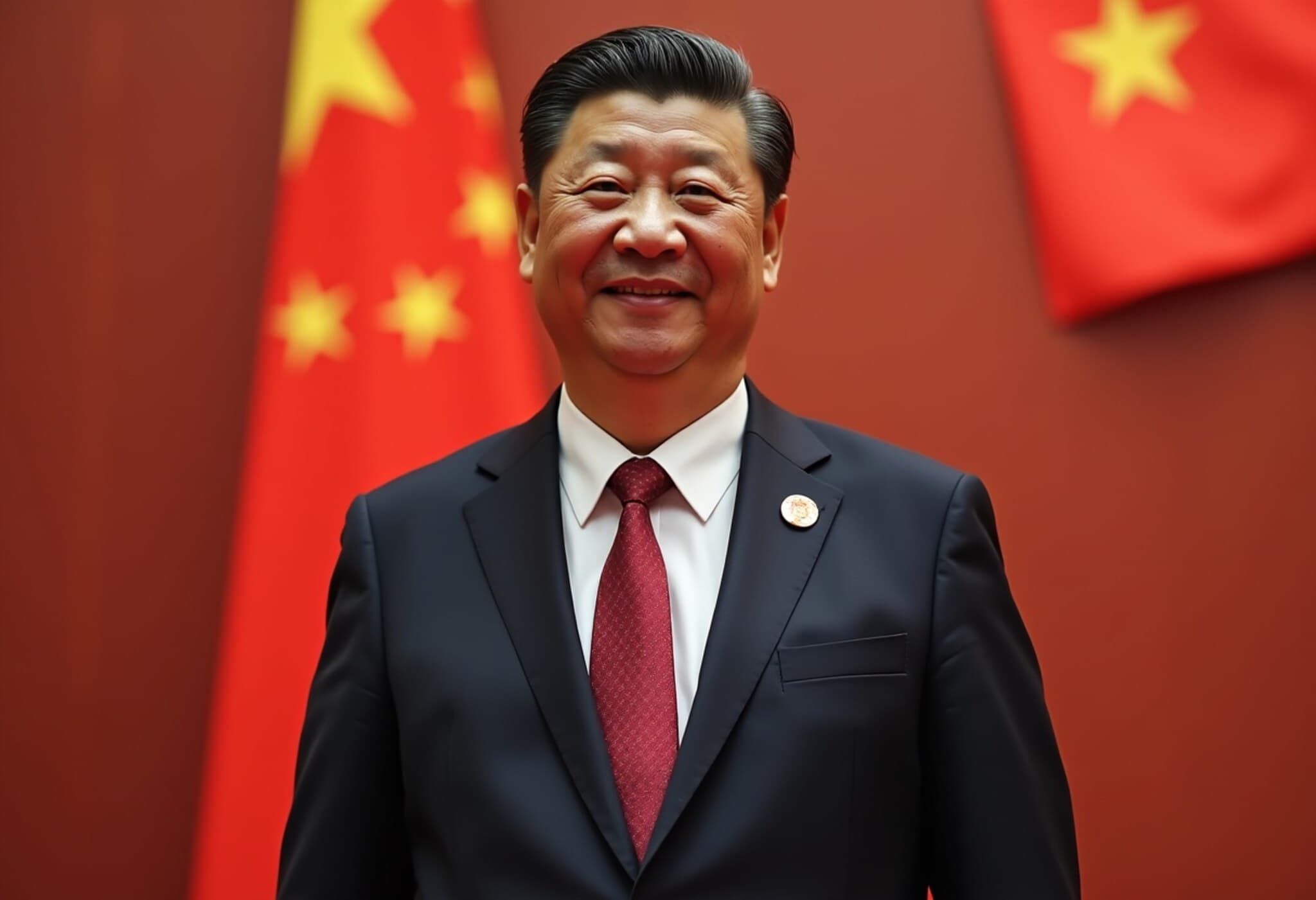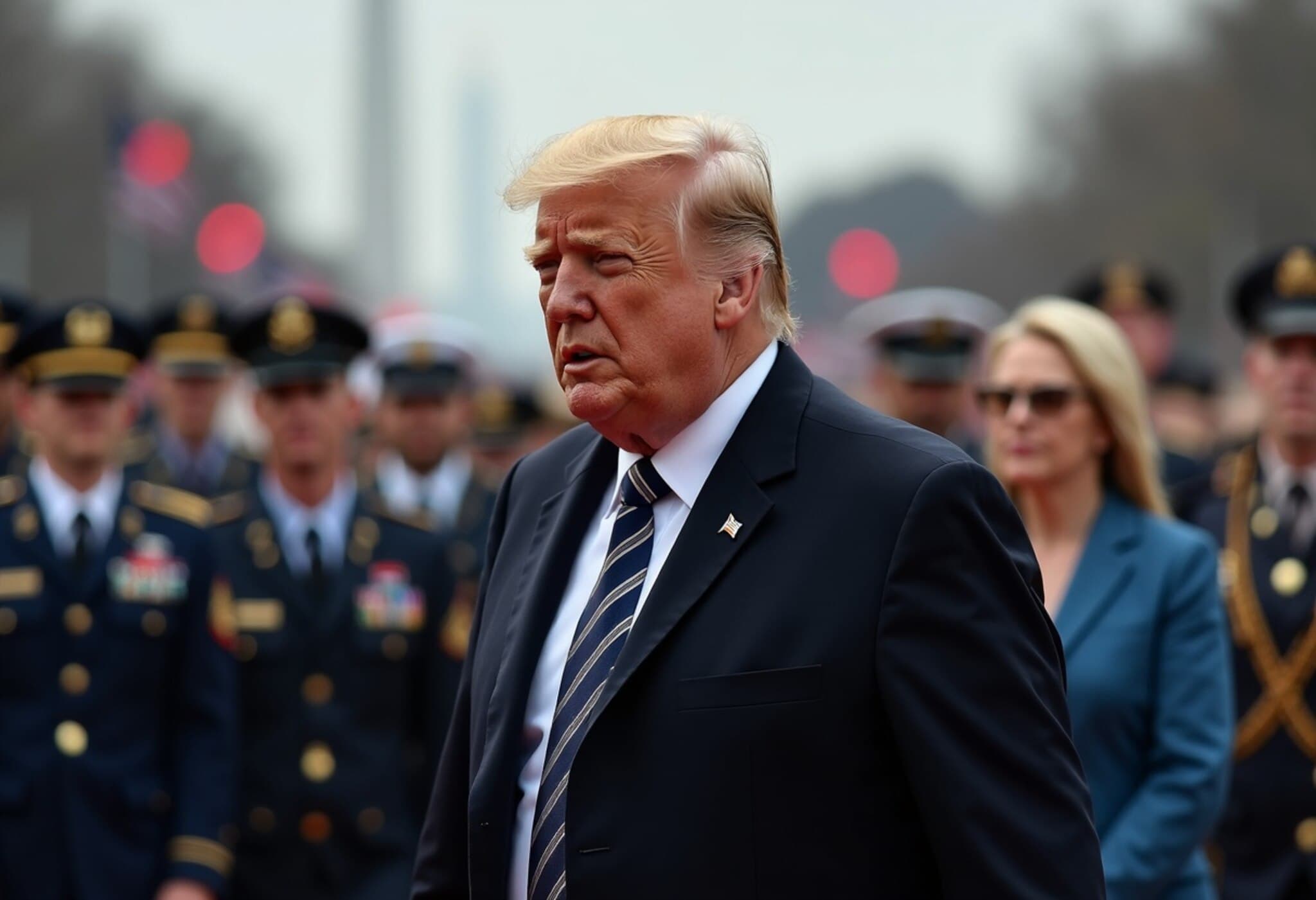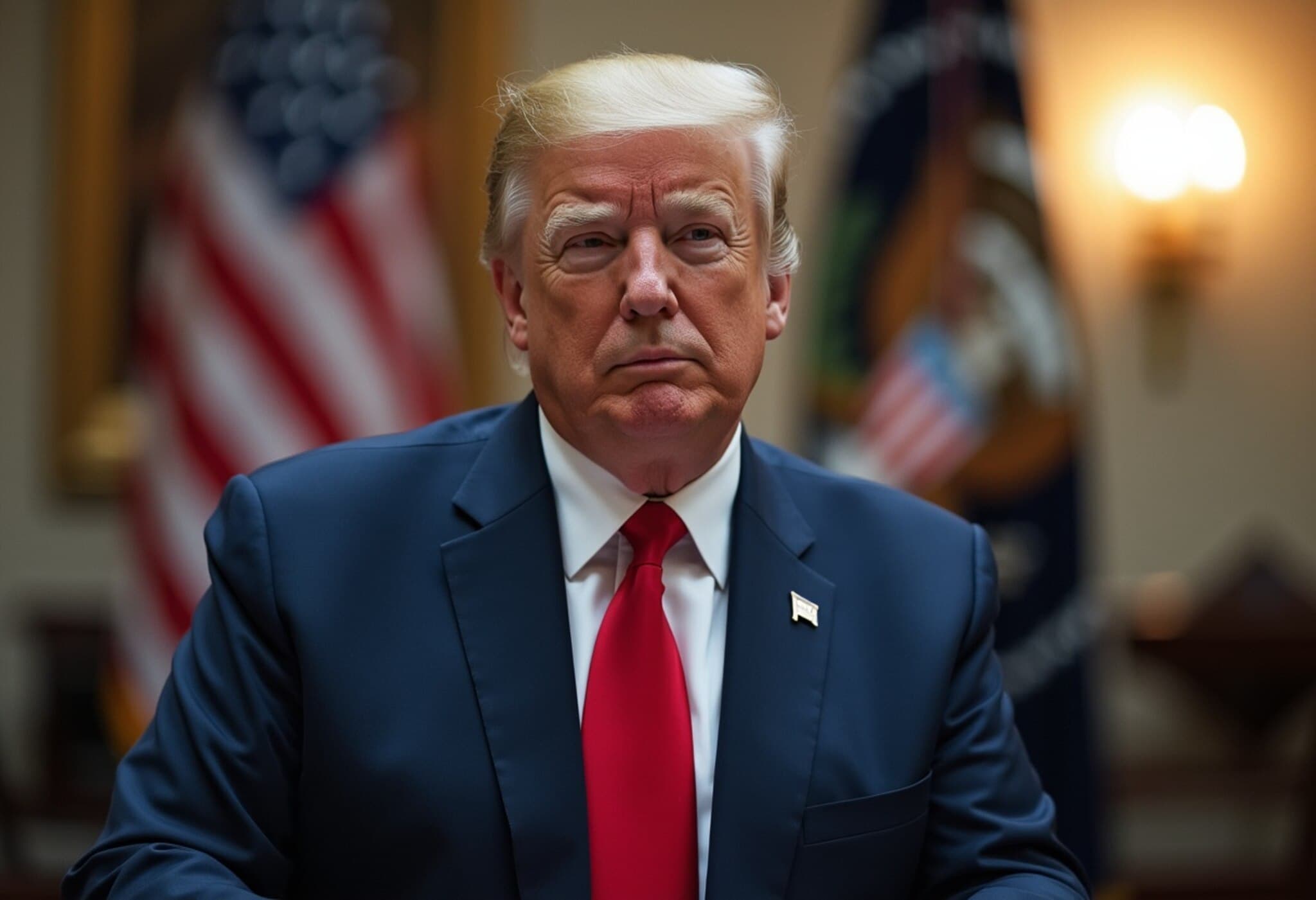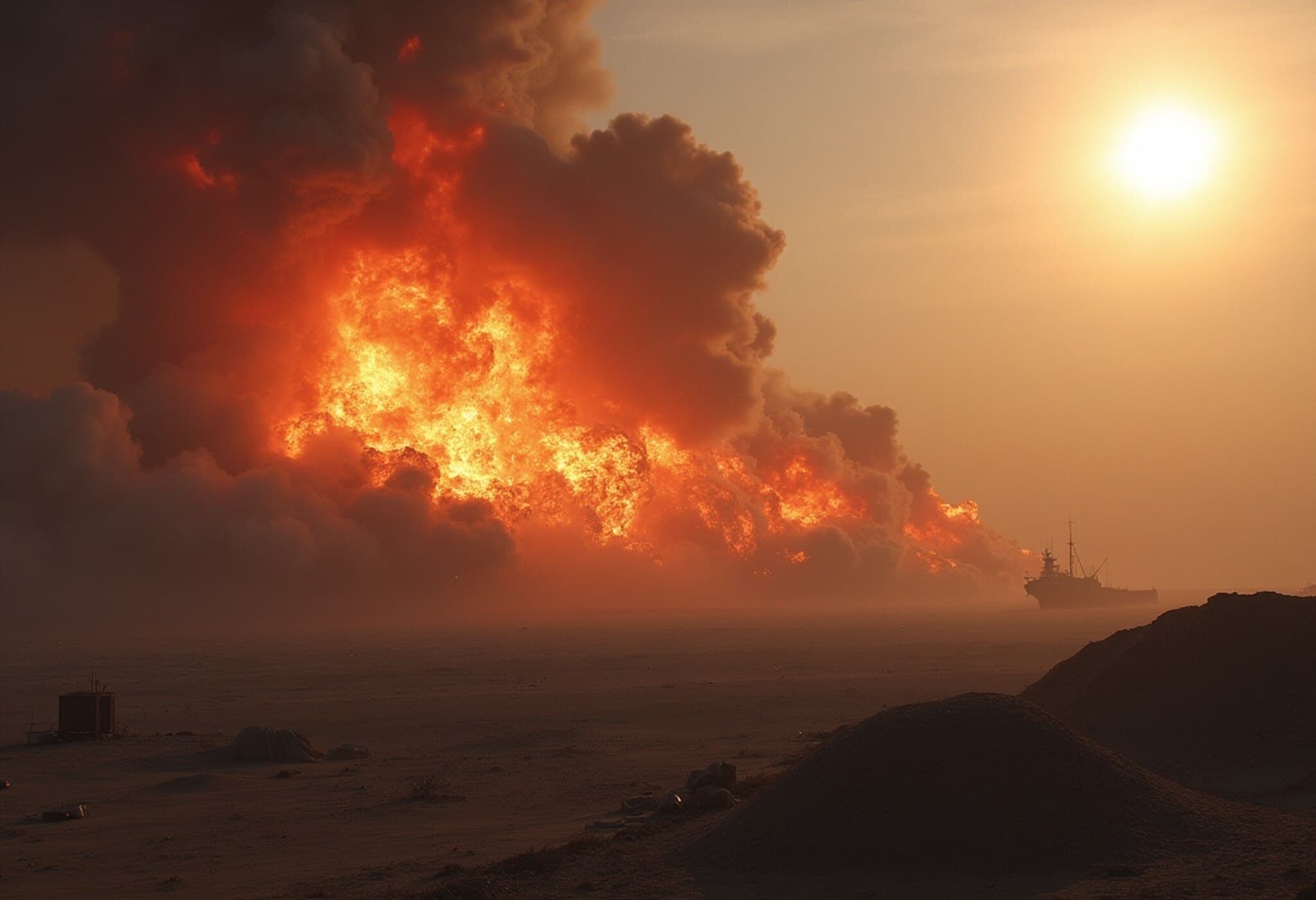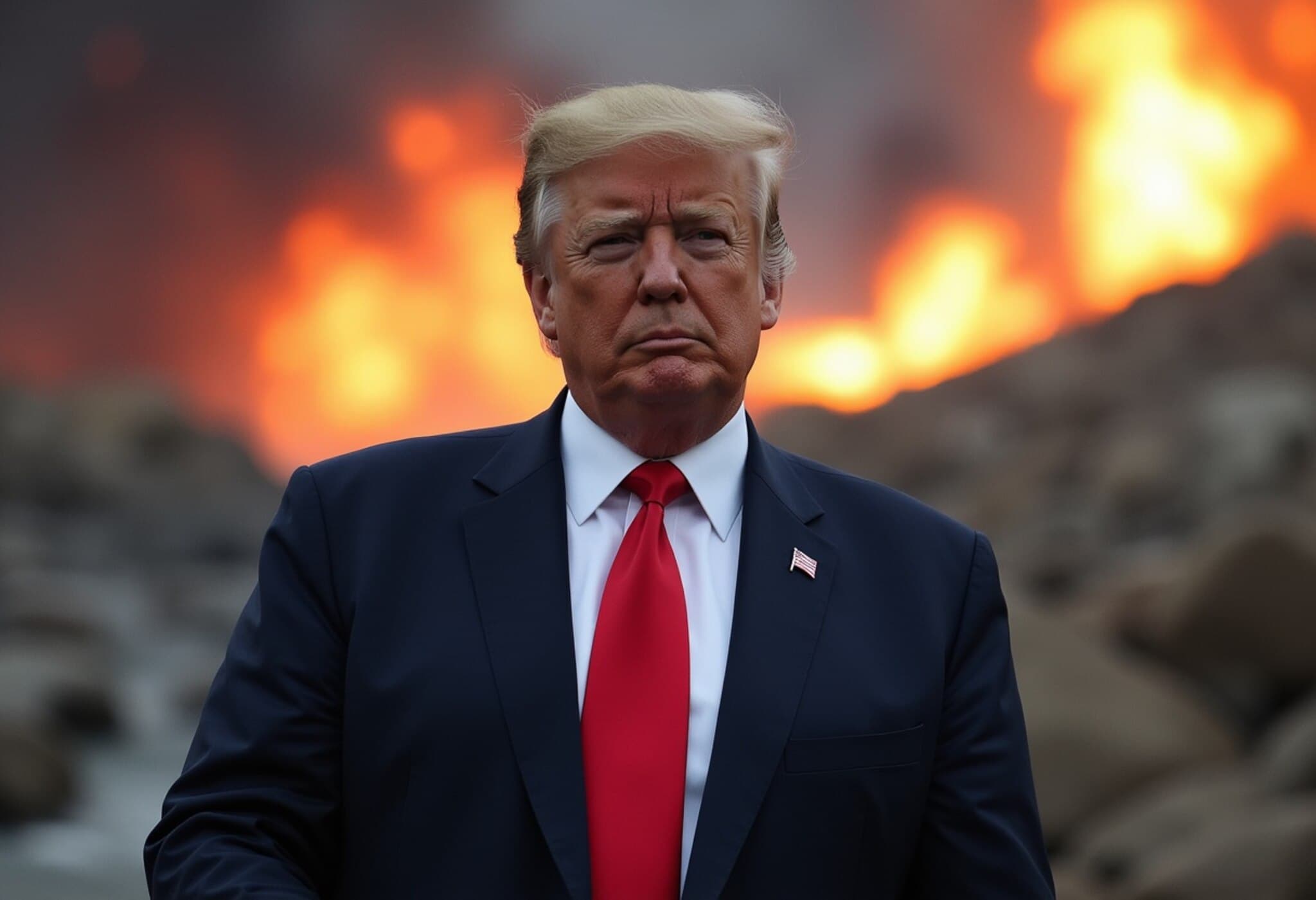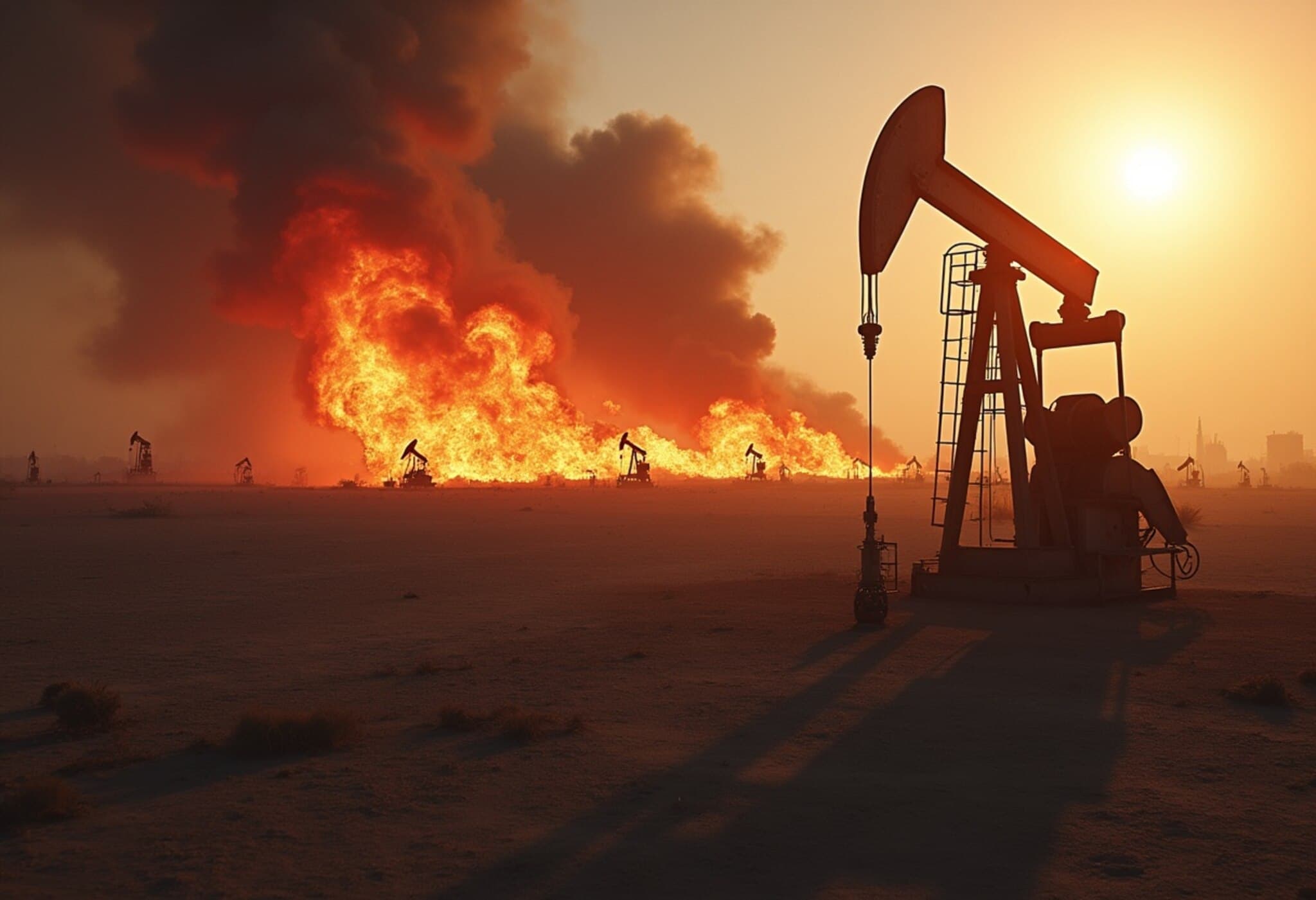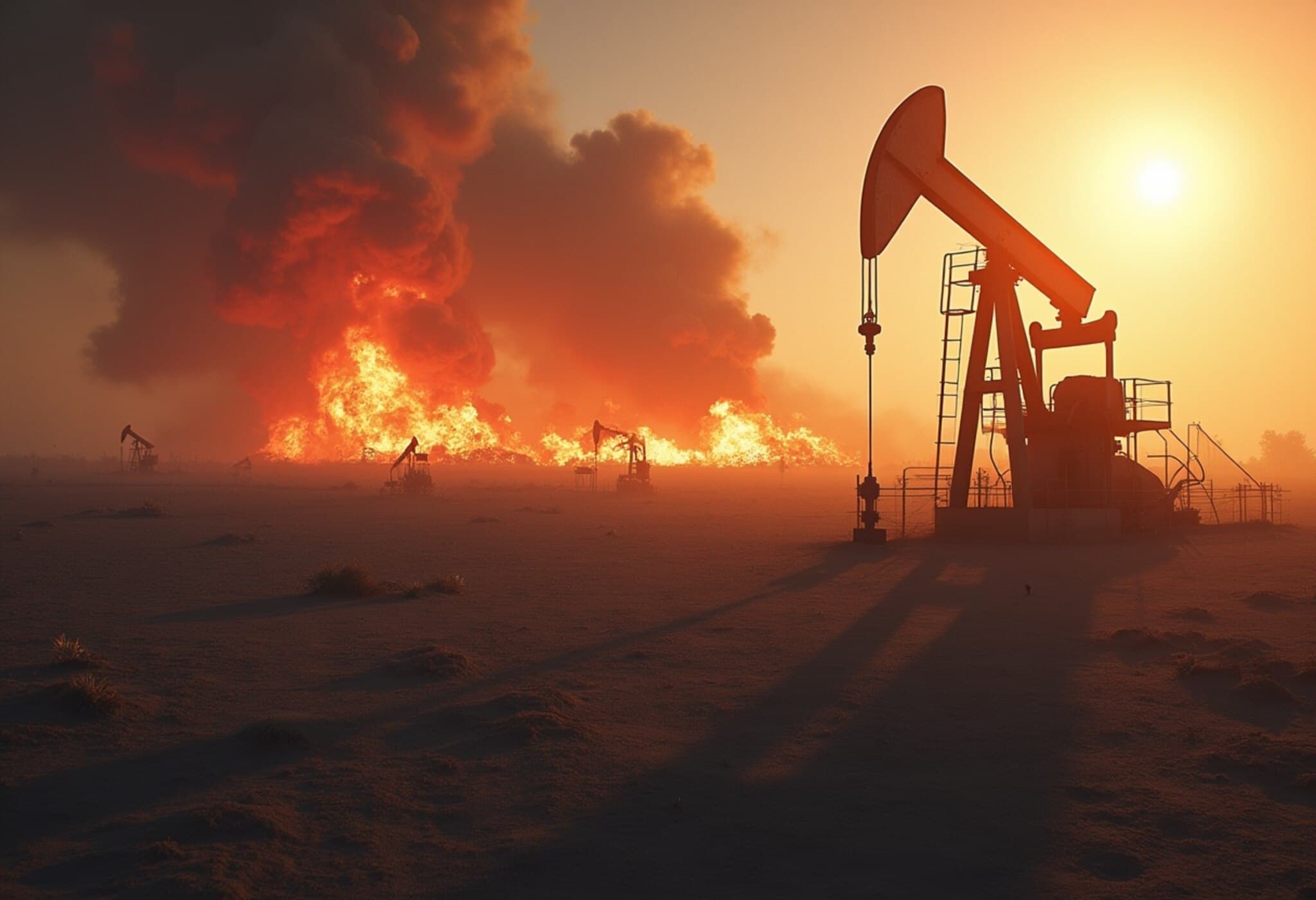US Launches Airstrikes on Iranian Nuclear Sites
In a dramatic escalation, the United States launched airstrikes on three Iranian nuclear facilities this past Saturday, marking a significant pivot in U.S. involvement in the ongoing conflict centered around Israel and Iran. This move caught many by surprise, as just days earlier, President Donald Trump hinted at weighing options but gave no clear indication of imminent military action.
From Deliberation to Action: The Shift in Timeline
Previously, Trump had suggested a 'two-week' period to finalize a decision, a phrase often interpreted by analysts as a common stall tactic. Many were skeptical that meaningful action would follow within such a timeframe, citing past occasions where threats failed to materialize promptly.
However, breaking from this pattern, Trump announced on Saturday evening, "There will be either peace, or there will be tragedy for Iran far greater than we have witnessed over the last eight days." This direct engagement contrasts sharply with his previous criticisms of U.S. involvement in foreign conflicts and has sparked debate over whether his credibility on foreign policy has taken a hit or been reinforced.
Iran Responds: Defiance and Strategic Warnings
Reacting swiftly, Iran's Foreign Minister, Abbas Araghchi, condemned the airstrikes as "outrageous" and stressed Tehran’s commitment to defending its sovereignty by any means necessary. Meanwhile, Iranian state media suggested the possibility of closing the Strait of Hormuz—a critical choke point for global oil shipments—which raised alarm across international markets.
The United States countered these assertions by urging China to use its influence to prevent Iran from blocking this vital maritime passage, highlighting the geopolitical stakes entwined with the military actions.
Market Reactions: Stocks, Oil, and Cryptocurrency
Stocks Falter Amid Rising Tensions
Investor sentiment turned cautious as U.S. futures declined Sunday evening following news of the strikes. The major stock indices showed mixed responses over the preceding days: while some markets faced consecutive losses, others managed modest gains, reflecting uncertainty over the broader economic impacts.
Oil Prices Surge on Supply Concerns
Energy markets reacted swiftly. U.S. oil prices jumped by roughly 2.38% to $75.60 per barrel, and global benchmarks climbed similarly, driven by fears of disrupted supply in the region. Experts warn that further instability in Iran could keep oil prices elevated for extended periods, impacting everything from consumer fuel costs to manufacturing.
Cryptocurrency Takes a Hit
Bitcoin briefly dipped to its lowest level in over a month, shedding around 1.5% amid an unsettled investment environment, before partially recovering. This volatility underscores how geopolitical developments are influencing even alternative asset classes.
Looking Ahead: Inflation and Economic Indicators
Market watchers are also eyeing the upcoming release of May’s personal consumption expenditure price index, the Federal Reserve’s preferred inflation gauge. The data will provide critical insight into how escalating conflict might influence inflation and shape future monetary policy decisions.
Potential Fallout: Political Turmoil and Oil Market Risks
Senior Israeli officials have hinted that their campaign against Iran could destabilize the regime, potentially triggering seismic shifts in the global oil landscape. However, experts caution there is presently no concrete evidence pointing to an imminent collapse of the Iranian government.
Historical analysis shows that regime changes in major oil-producing countries since 1979 have often sent oil prices soaring by an average of 76% at their peak before settling roughly 30% above prior levels—a sobering prospect amid current uncertainties.
Key Takeaways
- The U.S. expanded military involvement with airstrikes targeting Iranian nuclear sites, changing the conflict’s dynamics.
- Iran condemned the attacks and hinted at retaliatory moves, including the possible closure of the Strait of Hormuz.
- Global markets reacted with stock retreats, rising oil prices, and a dip in Bitcoin values.
- Upcoming inflation data will be closely watched to gauge economic fallout and Federal Reserve responses.
- Further instability in Iran holds significant implications for global energy markets and geopolitical stability.



